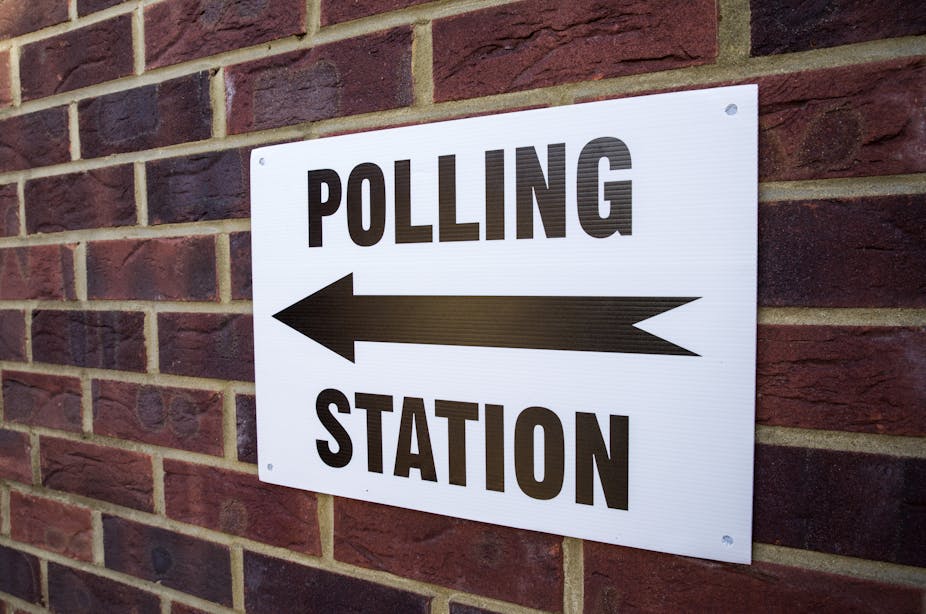If the general election on June 8 can be considered British politics’ “main event” for 2017, then the recent local council and mayoral elections on May 4 can be seen of something of a dress rehearsal.
Across the country, voters went to the polls in 88 council areas, with 34 councils up for grabs in England, and all of Scotland’s (32) and Wales’ (22) councils being decided.
Across six city-regions, including Greater Manchester, Liverpool, the West Midlands and the West of England, voters also had the opportunity to vote for a metro mayor – the democratic component of former chancellor George Osborne’s ambitious devolution agenda, which has been steadily unfurling since the summer of 2014.
While municipal elections are never really big events in their own right – they often provide an indication of the country’s mood. And with the general election only six weeks away, it is likely that all parties will be certain to pounce on any positive results as a means to bolster their campaigns.
Scores on the doors
It didn’t take long for a relatively clear picture to emerge as to who the big winners and losers were – albeit with variations within the devolved states.
The Conservatives, with gains of over 400 councillors and eleven councils (at the time of writing) were clearly the main winners, and will likely approach the next six weeks with a renewed confidence that their message is resonating with the country.
Meanwhile, UKIP have gone into tailspin – losing almost all of their councillors overnight – though they have taken the Burnley and Padiham West seat on Lancashire County Council.
But again, this is good news for Theresa May and the Tories, who have evidently wrestled back ownership of the Brexit agenda. For UKIP, however, with the referendum behind them and a calamitous 12 months since Nigel Farage stepped down as leader, they now face an existential crisis.

For Labour the picture is, at best, mixed. In England, they have been decimated by the Conservatives, losing more than 250 seats – all this within councils where Labour needs to be competitive. Indeed in Copeland, in the Lake District, the site of an embarrassing by-election loss in February, Labour’s candidate Gillian Troughton lost her council seat. North of the border, Labour’s long-term decline looks set to continue, having lost control of Glasgow Council for the first time in 37 years.
If there is a glimmer of hope for Labour, it is that the recent polls, which showed them at real risk of losing their grip on Wales, turned out to be bleaker than reality. So although Labour have so far lost control of three councils, no other parties have made major inroads. And the retention of Swansea will be at least some comfort.
These local elections also seem to have left the Lib Dems – who were hoping to bounce back after an electoral drubbing in 2015 – with more questions than answers. Having failed to take any councils, and having lost 22 councillors so far in England alone, they will be scratching their heads, wondering what’s happened.
Metro mayors and the cities
Crucially, with much of the council elections centred on the counties, the election of the metro mayors provides a useful barometer of the mood in the cities – something which could underpin the extent of any Conservative rout on June 8.
So despite a very mixed bag elsewhere, Labour’s confidence can be boosted with comfortable victories in both Greater Manchester and the Liverpool City Region for Andy Burnham and Steve Rotherham respectively.

But elsewhere the Conservatives have plenty to celebrate. As well as taking victory in the West of England – which includes Bristol – with Tim Bowles, they have also scored a shock election victory in Tees Valley with Ben Houchen elected as the first Tees mayor.
And although turnout was far from stunning, coming in at just below 30% in Manchester, Liverpool and the West of England, it was higher than the 10% forecast the night before – which lends a greater legitimacy to those taking up office.
Victory for devolution?
Although Burnham and Rotherham join Sadiq Kahn in running three of the UK’s largest cities, the presence of Conservative leadership in a number of the core cities might not be a bad thing for the devolution agenda.
This is because, while it is expected that the new metro mayors will stand up for their regions – and stand up to government – particularly as we enter Brexit negotiations, that they are all not from the same political party may well provide the political stability that ensures their continued survival.
But whether the post will be as successful as the mayor of London remains to be seen and will undoubtedly be further coloured by the general election next month.
Beyond this, ultimately, the results make it clear that Brexit remains the main political driving force behind the elections, with many of the results reflecting the lines set out after the referendum of June 2016.
However, as the dust settles on this battle, and as we approach the main event, it’s becoming increasingly clear whose hand will most likely be raised in the air come Friday June 9.

